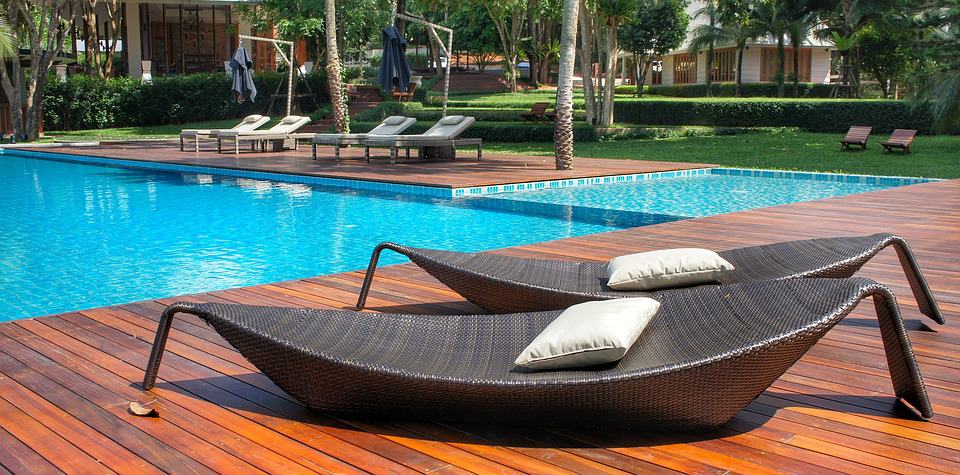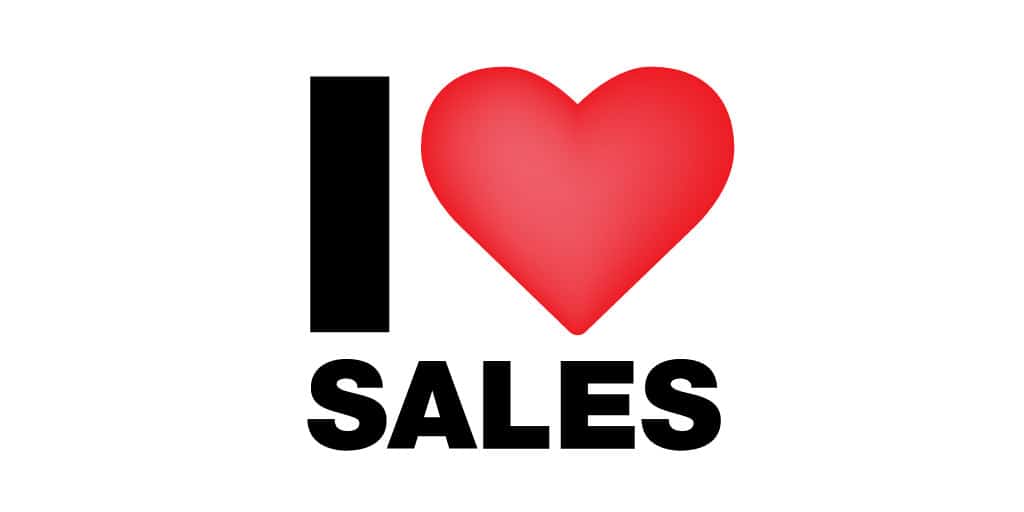BNB STORIES #4

Hi, again! Welcome to a brand new episode on the BNB STORIES Series!
As you all know, becoming a 5-star host is not an easy task, and that’s why we’re always here to explore the best ways to add value to your listing. It’s our aim to provide juicy tips and tricks that will improve your overall hosting experience.
Last week we mentioned the most common mistakes preventing you from getting more reservations, and one of those reasons was, “Your price is too high.” Well, pricing is a huge deal if you expect to rack up reservations.
We get it – pricing is overwhelming! Too high and you get no rentals, too low and you risk losing money. And to top it all off, it’s your home! It feels impossible to find the perfect balance and price your vacation rental, but don’t worry – all it takes is a little bit of planning and some useful tips and tricks – you’ll be good to go!
This week we’re going to discuss the steps to take before pricing your property, and useful pricing strategies!
Steps To Take Before Pricing Your Property
What Are Your Costs?
We all dread the first step in the pricing process: calculating your costs.
You probably have a good grasp of what your costs are like, but you’ll need much more than guesswork to price your rental. Knowing your capacity is essential when determining your minimum rental rate. Balancing income and expenses will help make everything clear for you.

Many hosts underestimate costs and don’t break even for a while. This is mostly due to poor planning. Make sure you’ve got all your expenses covered before you start pricing your rental.
There are two types of costs to think about: fixed costs and variable costs (are you regretting not focusing on this class at school yet? We know we are!😁).
Fixed costs include items that don’t change each month, including taxes, insurance, salaries, TV, internet, mortgage payments, and so on.
Variable costs include all the bills that change depending on your usage.
Once you’ve calculated both of these costs, estimate how long you can rent out your property. Now, this might be discouraging at first, but seriously, don’t fret. A lot of hosts don’t start making a profit until a few months in and that’s completely normal.
Who is Your Competition?
Don’t compare yourself to anyone (unless you’re a professional in the vacation rentals industry!) Instead of wasting valuable stalking skills on Facebook, unleash your inner FBI agent and research your competitors.
They will be the main influence when it comes to your rental price, so consider these questions:
- Who are your competitors in the area?
- Is your property as modern as theirs?
- Who has better selling points?
- When are they raising/lowering prices?
- What are the positives about their location?
- How many rooms do they offer?
- Are they targeting the same market?
- Are they on the same listing channels? (If they use other channels, make sure to list your apartment/house there too.)
- Do they have special or unique features?

What are Your Selling Points?
You’ve researched your competition and are probably feeling a little overwhelmed. You’re thinking there’s no way to compete with those well-established properties with hundreds of reviews. You’re wrong.
We’ve all got to start somewhere, don’t we? Your house will almost always have a feature that is special or unique. You can capitalize on it and turn it into your unique selling point (USP).
Do you have a larger bedroom? A beautifully finished kitchen? Stunning furniture? Reliable WiFi? Fun little gifts which you leave for your guests? Better quality bathrooms? You get it! The list is endless.

If your house doesn’t have any special features, there are many other ways you can increase its value, and thus, increase its revenue.
What are your goals?
Once you have established your costs, your competition, and your unique selling points, you’re ready to go, right? Wrong, again. Even though it may seem like a good idea to out-price your competitor (and while you surely can), we don’t recommend doing so.
Set your goals and work backwards. Do you want to make huge profits sporadically or low, consistent profits? Do you want a high nightly rate or a regular monthly amount? Your current lifestyle will significantly influence your pricing decisions.
Do you have any previous experience?
If you do have other vacation rentals up and running, take a good look at your history. Which season worked best, and what trends can you use to your own advantage?
“I’d like to phone a friend please!”
We’re not usually the best judges of our own properties, so bringing in a trusted friend or relative is always helpful! Ask them how much they would pay for your property. Let them judge your rental objectively.

3 Types of Pricing Strategies
Competitive Pricing
Competitive pricing works if you have a property similar to your competitors in an area packed with dozens of options. This means you’ll be pricing your property at competitors’ rates (or less).
This strategy takes a lot of work and maintenance. You need to make sure your property is on par, and keep changing it up to stay competitive. The good news is this is the strategy to guarantee a long-term steady income.
Maximum-Rate-Per-Night Pricing
If you’re lucky enough to own a hard-to-beat property, setting a higher rate than competitors is easy. You’ll make significantly higher profits from just one booking. The bad news is this usually means fewer guests, but that also means fewer issues and fewer maintenance costs, so it is a win-win situation.
Our Recommendation: Dynamic Pricing
Dynamic pricing is the new trend in vacation rentals for all the right reasons! This pricing strategy allows you to change prices seasonally. Price your rental affordably during the entire year, and during peak events or seasons, raise prices significantly (keeping the competition in mind). This pricing strategy combines the best of both worlds!
Tips and Tricks 😉
Start below average.
We get it – you want to start making profits as soon as possible so you opt for charging really high prices. This may sound like a great idea, but it doesn’t work. Instead of profits, users will casually scroll past the listing. Unless you have great reviews to justify the higher-than-normal prices, start below average and collect as many positive reviews as possible.
Tweak, tweak, tweak.
Whether or not you’re following the dynamic pricing strategy, always tweak your prices for high-demand periods. Offer great rates during the rest of the year. Test your prices on different vacation rental channels while automatically syncing them.
Think long-term.
Not making profits at first may be disheartening, but always think long-term. Consider what is important to you. Do you want quick short-term cash or long-term success? It’s your call!
Offer perks.
Who doesn’t love sales, discounts, perks, offers, and deals? Offer special promotions and attractive deals. 10% off a week’s booking or a free night in a guest stay for X days, for example. Offer more discounts during the off-season to attract bookings.

Instead of just offering monetary discounts, try offering guests free activities like a cooking class, a train ride, or a fun experience. It is worth so much more and will leave a great impression on your guests.
Reward Repeat Guests.
Always give your current guests an incentive to come again, and again. Offer discounts or referrals for friends. Reward them for returning and encourage them to bring others.
Avoid charging extra fees.
There’s nothing guests hate more than finding the perfect property with the perfect price, getting ready to book it, and then being met with additional fees. Either include it in the initial price or, if you must, include half the fees in the price and charge the guests only half of the extras.
Boom! There you go! Pricing feels quite overwhelming at first. You may find yourself bombarded with hundreds of “pricing formulas” online, but it’s simpler than that. If you know your costs, goals, and competition, setting a winning pricing strategy is easy!
Good luck!⭐

